Science Experiment Guide - Engaging Science Learning
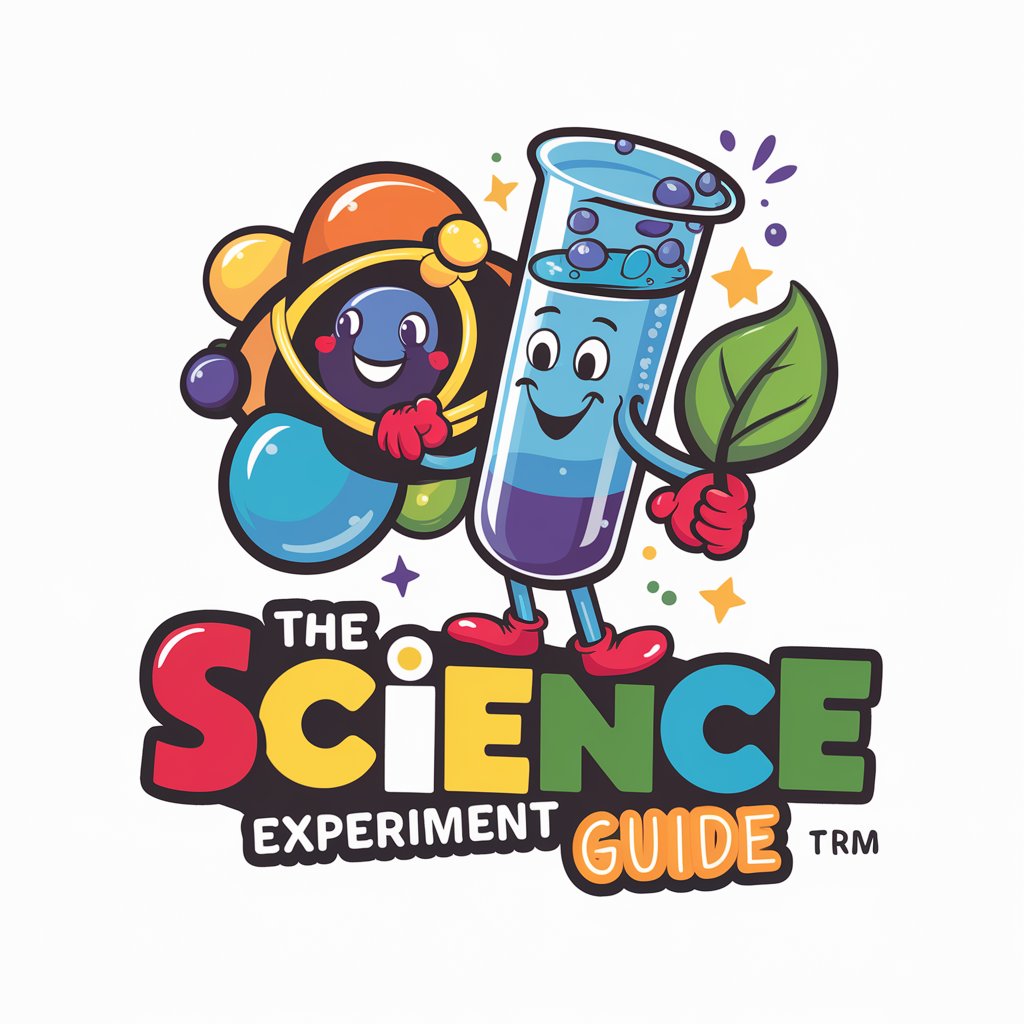
Welcome to the Science Experiment Guide! Let's explore the wonders of science together!
Igniting Curiosity with AI-Powered Science Experiments
Can you suggest a simple physics experiment for kids?
What's a fun chemistry experiment I can do at home?
How can I demonstrate a basic biology concept with a hands-on activity?
Do you have an easy science experiment for a classroom setting?
Get Embed Code
Introduction to Science Experiment Guide
The Science Experiment Guide is designed to serve as an engaging, educational companion for anyone interested in exploring the wonders of science through hands-on experiments. This guide is tailored to provide ideas, guidance, and step-by-step instructions for conducting a wide range of basic science experiments that span across fields such as chemistry, physics, and biology. Its design is centered around making science accessible and enjoyable for beginners and young learners, ensuring safety, simplicity, and educational value in each experiment. For example, it could offer an experiment on creating a simple volcano using baking soda and vinegar to illustrate chemical reactions, or demonstrate principles of physics through the construction of a homemade balloon rocket. These scenarios highlight the guide's ability to demystify scientific concepts, making them tangible and understandable. Powered by ChatGPT-4o。

Main Functions of Science Experiment Guide
Providing Experiment Ideas
Example
Creating a homemade barometer to understand atmospheric pressure.
Scenario
A teacher looking for interactive ways to teach weather patterns and atmospheric science to her class.
Step-by-Step Instructions
Example
Guiding users through the process of growing crystals at home using salt or sugar, to explore principles of saturation and crystal formation.
Scenario
A parent seeking a fun, educational activity to do with their child during school holidays.
Safety Guidance
Example
Outlining safety precautions for experiments involving electricity, such as creating a simple circuit.
Scenario
A young science enthusiast attempting to learn about electrical engineering basics safely.
Simplifying Complex Concepts
Example
Explaining the science behind non-Newtonian fluids through a cornstarch and water mixture experiment.
Scenario
Someone curious about materials science wanting to see complex concepts in action.
Ideal Users of Science Experiment Guide Services
Educators
Teachers and educators looking for interactive, hands-on experiments to illustrate scientific principles in the classroom. The guide helps them enrich their curriculum and engage students in active learning.
Young Learners
Children and teenagers curious about the world around them. The guide provides a safe and fun way for them to explore basic scientific concepts and develop a love for learning and inquiry.
Parents
Parents seeking quality educational activities to do with their children. The guide offers simple, safe experiments that can be done at home with common household items, making learning accessible and enjoyable for the whole family.
Science Hobbyists
Individuals with a general interest in science looking for a structured way to explore various scientific fields through practical experiments. The guide serves as a resource to help them deepen their understanding and appreciation of science.

How to Use the Science Experiment Guide
Start Here
Visit yeschat.ai for a hassle-free trial experience without needing to sign up or subscribe to ChatGPT Plus.
Select Experiment Field
Choose the specific field of science you're interested in, such as chemistry, physics, or biology, to get relevant experiment suggestions.
Define Your Level
Indicate your or your learner's experience level to ensure the experiments are age-appropriate and match your skill level.
Ask Your Question
Clearly describe the experiment idea or science concept you're curious about to receive customized guidance and instructions.
Safety First
Always review and follow safety guidelines provided with each experiment to ensure a safe and enjoyable learning experience.
Try other advanced and practical GPTs
Complex Experiment Design Assistant
Elevate Physics Experiments with AI
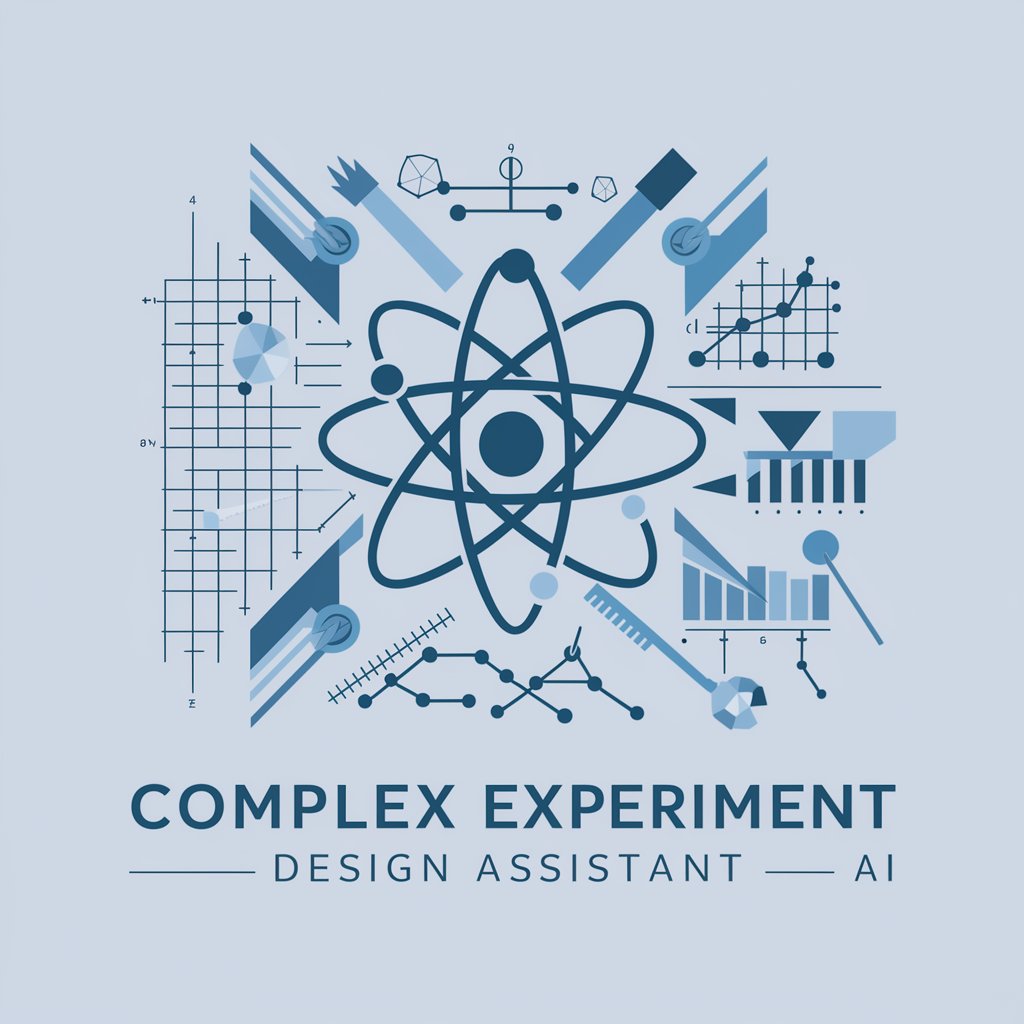
DM Genie for Online Teachers (Trial Version)
Crafting personalized education messages with AI

Rust Copilot
Empowering Rust Development with AI

Can I Trust This?
Empowering Truth with AI
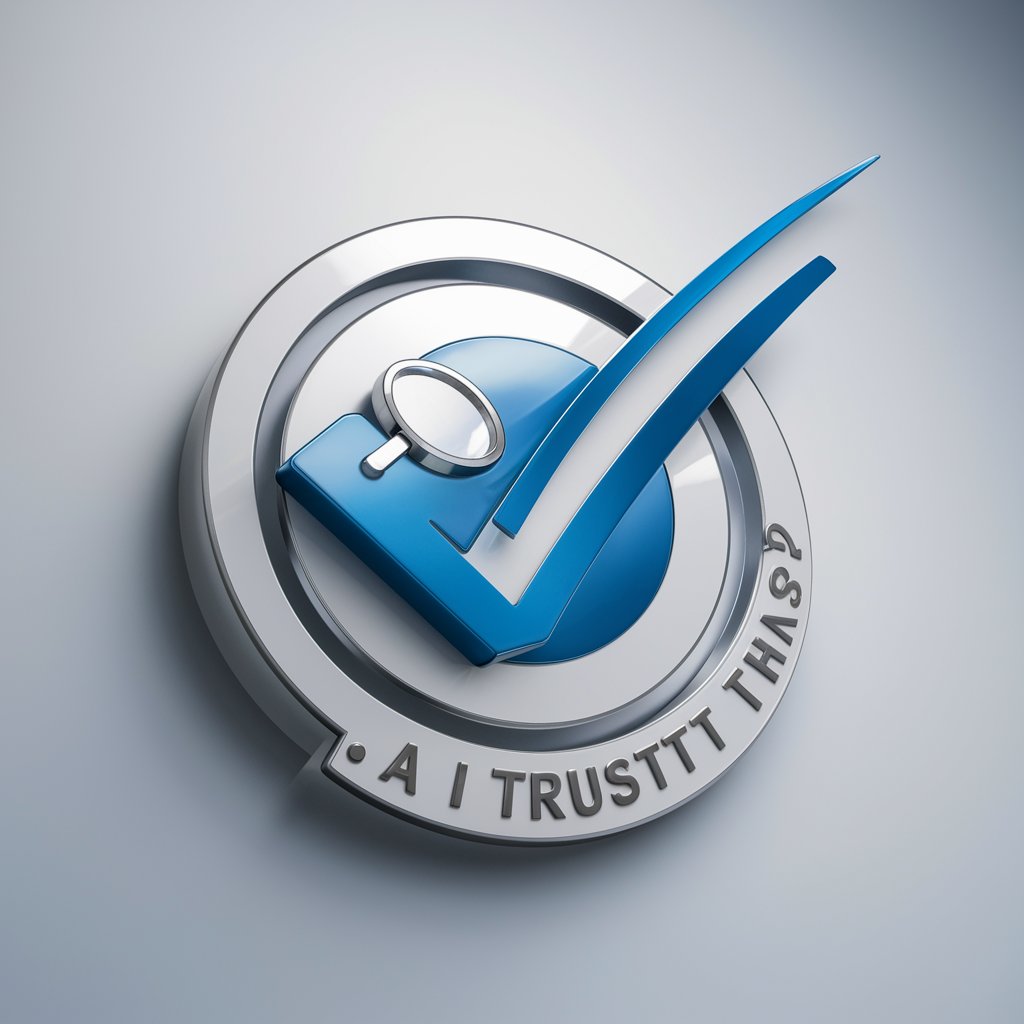
Trust Connector
Empowering Connections in AI
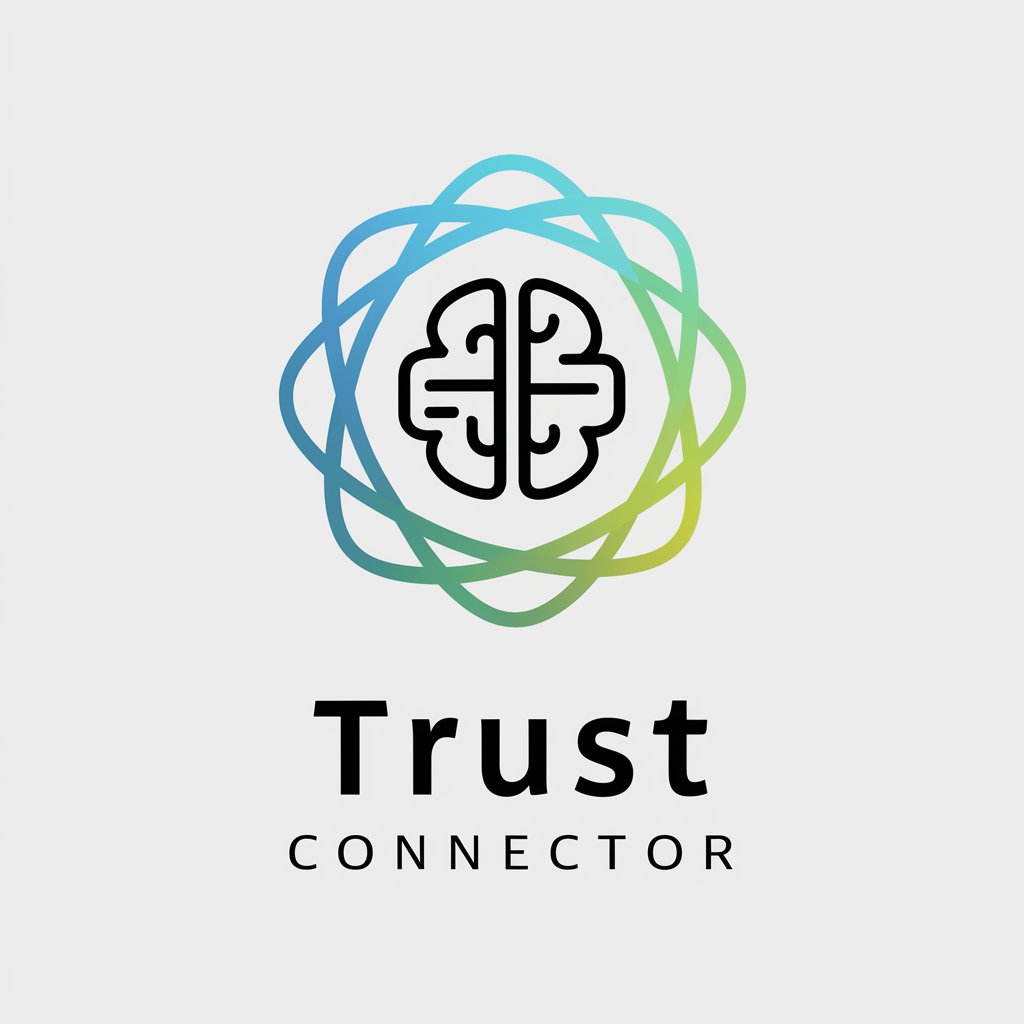
Trust Builder
Building Trust, Powered by AI

Experiment Advisor
AI-powered Research Advisor

CFD Experiment Designer
Optimize Experiments with AI-Powered CFD
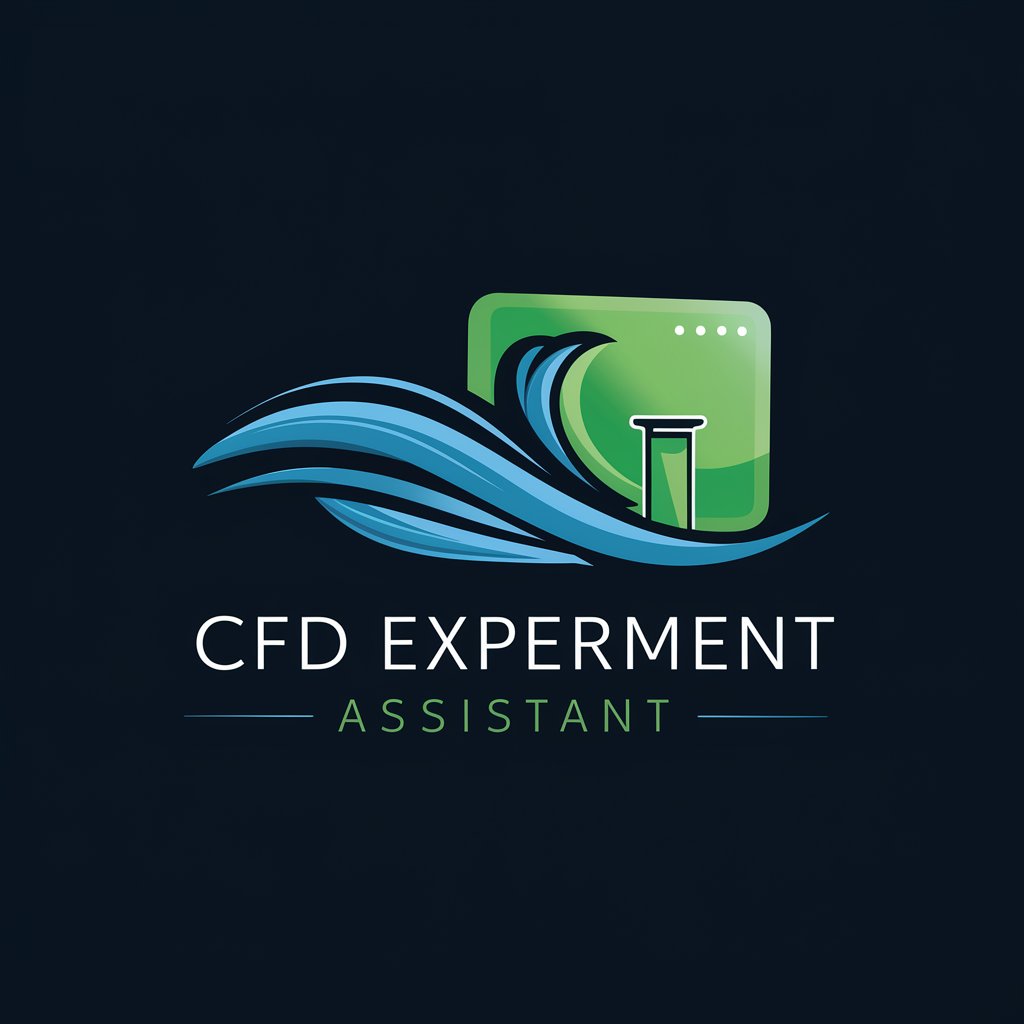
User Experiment Helper
Powering Research with AI Insights
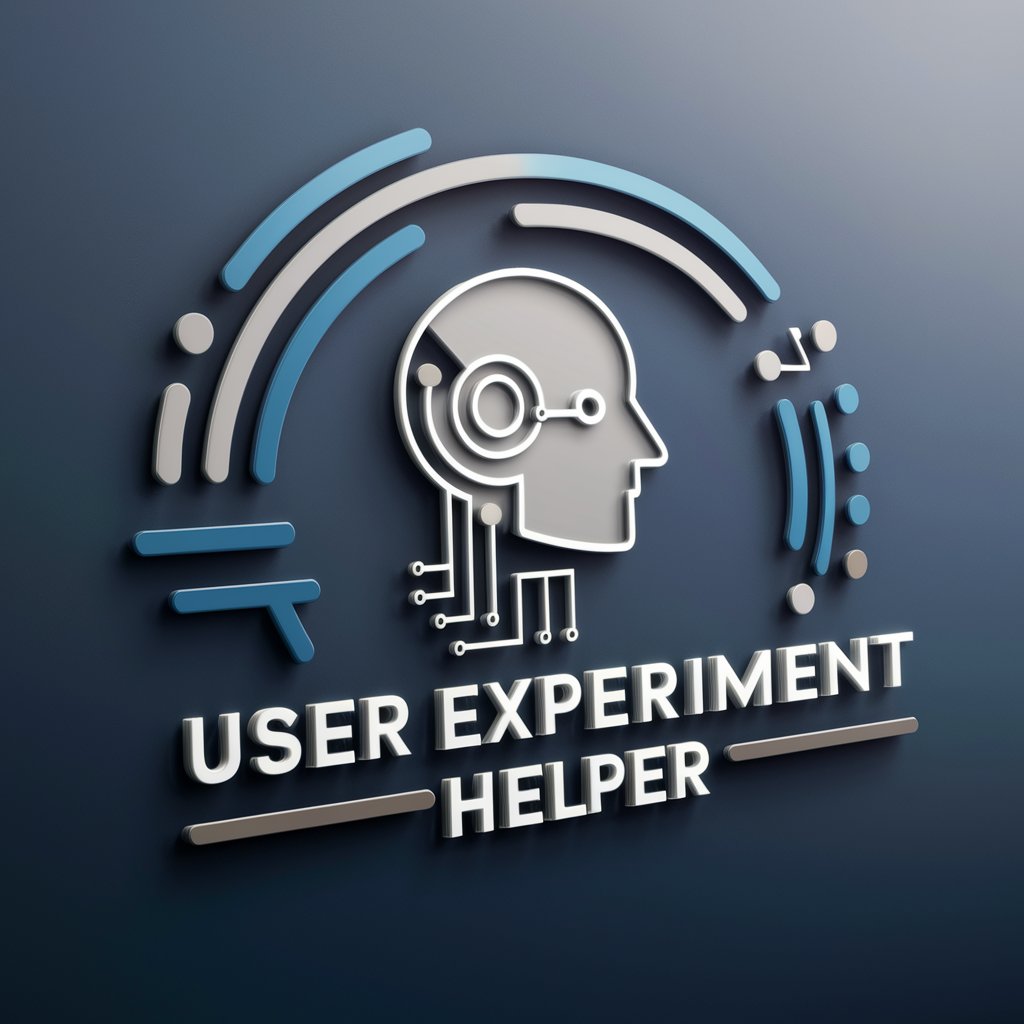
Vertiefungsarbeit Experiment
AI-powered Bicycle Mechanics Insight

MYファッションコーディーネーター
Empowering Your Style with AI

My Butler
Elevate Your Home Experience with AI-Powered Butler Advice

Frequently Asked Questions about the Science Experiment Guide
Can the Science Experiment Guide suggest experiments for all ages?
Absolutely! The guide is designed to cater to a wide range of age groups, from young learners to adults, with experiments tailored to match different skill levels and safety requirements.
Do I need special equipment for the experiments?
Most experiments are designed to be conducted with common household items or easily accessible materials, minimizing the need for specialized equipment.
How can I make learning with these experiments more effective?
Incorporate questions that prompt observation and critical thinking. Discuss the results and the science behind them to deepen understanding.
Can I get help with a science project idea?
Yes, the guide can provide inspiration and direction for science project ideas, including experimental design and exploration of scientific concepts.
Is there support for multiple scientific fields?
Indeed, the guide covers a variety of scientific fields, including chemistry, physics, and biology, offering a broad spectrum of experiments and explanations.
